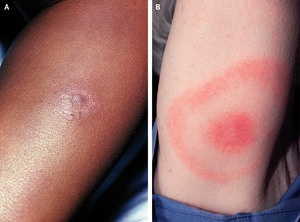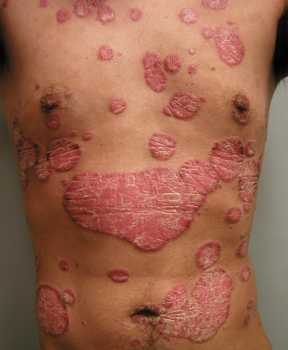Author Interviews, COVID -19 Coronavirus, Dental Research / 09.12.2021
COVID-19: Specialized Gum Could Trap Virus, Limiting Spread and Disease Severity
MedicalResearch.com Interview with:
Dr. Henry Daniell Ph.D
W. D. Miller Professor & Director of Translational Research,
Vice Chair, Department of Basic and Translational Sciences,
Editor in Chief, Plant Biotechnology Journal, Oxford, UK
School of Dental Medicine,
University of Pennsylvania,
Philadelphia PA 19104-6030
MedicalResearch.com: What is the background for this study?
Response: ACE2 is a human protein present in human cells, blood and saliva. In COVID-19 patients this protein is inactivated. SARS-CoV-2 virus enters human cells using receptor of this protein. ACE2 chewing gum utilizes two different mechanisms. ACE2 enzyme directly binds to the spike protein on SARS-CoV-2 and traps virus in the chewing gum. In addition, ACE2 enzyme binds to its own receptor on oral epithelial cells, thereby blocks entry of any virus that is not trapped in the chewing gum
(more…)


























 Helen Trottier Ph.D
Assistant Professor, Department of Social and Preventive Medicine,
Researcher, CHU Sainte-Justine Research Center
Université de Montréal
Montréal, Québec, Canada
MedicalResearch.com: What is the background for this study?
Response: We know that HPV infection can have serious consequences such as the development of cancerous lesions in the cervix. HPV infection is also very prevalent in young women of childbearing age but the possible consequences of HPV in pregnancy have been poorly studied. Some population registers around the world have shown a reduction in the risk of preterm birth with HPV mass vaccination, but we must be careful with this kind of ecological correlation.
We have set up a large cohort study in pregnant women to study the association between HPV in pregnancy and preterm birth by targeting certain HPV genotypes and the duration of the infection.
Helen Trottier Ph.D
Assistant Professor, Department of Social and Preventive Medicine,
Researcher, CHU Sainte-Justine Research Center
Université de Montréal
Montréal, Québec, Canada
MedicalResearch.com: What is the background for this study?
Response: We know that HPV infection can have serious consequences such as the development of cancerous lesions in the cervix. HPV infection is also very prevalent in young women of childbearing age but the possible consequences of HPV in pregnancy have been poorly studied. Some population registers around the world have shown a reduction in the risk of preterm birth with HPV mass vaccination, but we must be careful with this kind of ecological correlation.
We have set up a large cohort study in pregnant women to study the association between HPV in pregnancy and preterm birth by targeting certain HPV genotypes and the duration of the infection.



